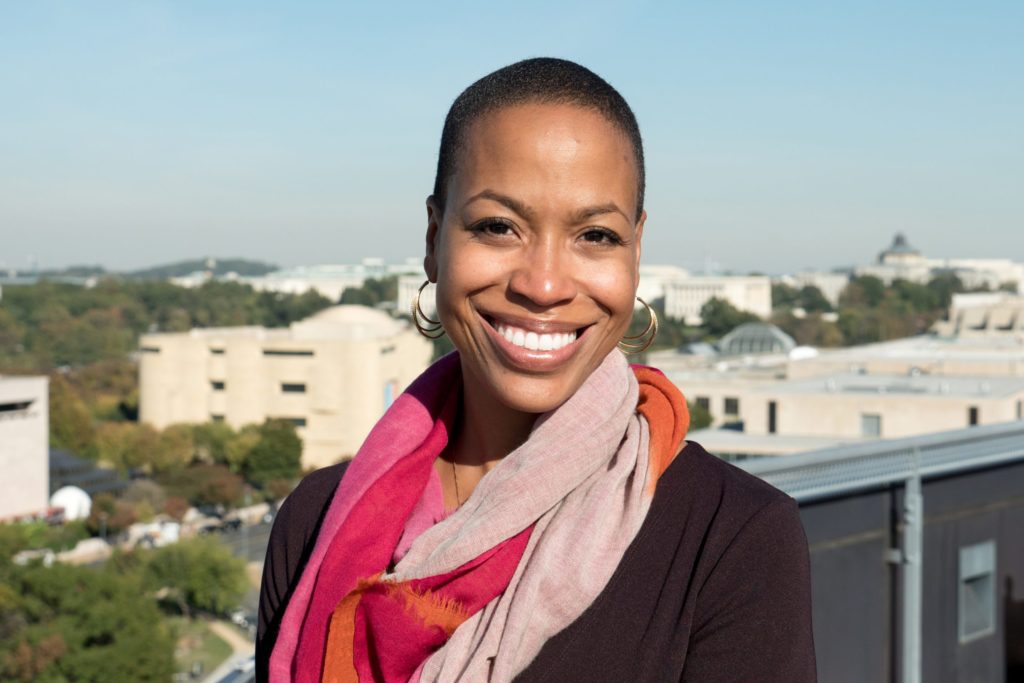Women Leaders: Rhea Combs, Curatorial Affairs Director, Nat’l Portrait Gallery
By • May 12, 2022 0 1506

Our spring arts preview featured 20 women cultural leaders in Washington, D.C. We wanted to amplify their voices in our online newsletters, spotlighting each of them individually. Our Thursday May 12 newsletter features Rhea Combs, director of curatorial affairs, National Portrait Gallery.
THE GEORGETOWNER: D.C. should have a “spring awakening” of sorts after two long years of Covid. What are you most looking forward to for your institution this season?
RHEA COMBS: There is so much to be grateful for as we cautiously move out of a rough of couple years and into a new phase of life. I look forward to the exciting exhibitions we have coming up at the National Portrait Gallery. Topping the list is the museum’s national triennial, the Outwin Boochever Portrait Competition. It opens in April and really speaks to this moment we’ve been living through. [See our story on this competition here.]
GEORGETOWNER: What are you most proud of accomplishing while serving in your position?
RC: I am proud we are expanding the permanent collection and re-envisioning the stories we tell through our permanent collection. It is important to remain steadfast to our mission by highlighting through history and portraiture some of the most meaningful people of our lives. I want this organization to be an inspiration for all generations — past, present and future. In order to do that, we need to make sure the portraits reflect the diversity of this nation. Together we are committed to that notion and that makes me feel extremely proud.
GEORGETOWNER: What led you to become a leader in your organization?
RC: Leaders set the tone of an organization. I’ve been inspired by the women in my family who always found ways to be resourceful and creative. They would ask thoughtful questions of each of us. I carry that attitude into the workplace — consistently seeking ways that will allow the organization to grow by asking if we’re doing something because it makes sense for the organization or just accepting something because it has “always been done that way.”
GEORGETOWNER: Tell us a bit about your career trajectory and inspirations along the way?
RC: I recall while in graduate school one of my advisors kept pushing me towards teaching, but I was clear I wanted work in museums. He didn’t understand why, he figured a Ph.D. meant one teaches. I used that questioning as fuel and made sure I had as many opportunities as possible, in all types of museums. I think that has helped me better understand and value the intricacies of how much the various parts make up the whole.
For more information on the National Portrait Gallery go here.

